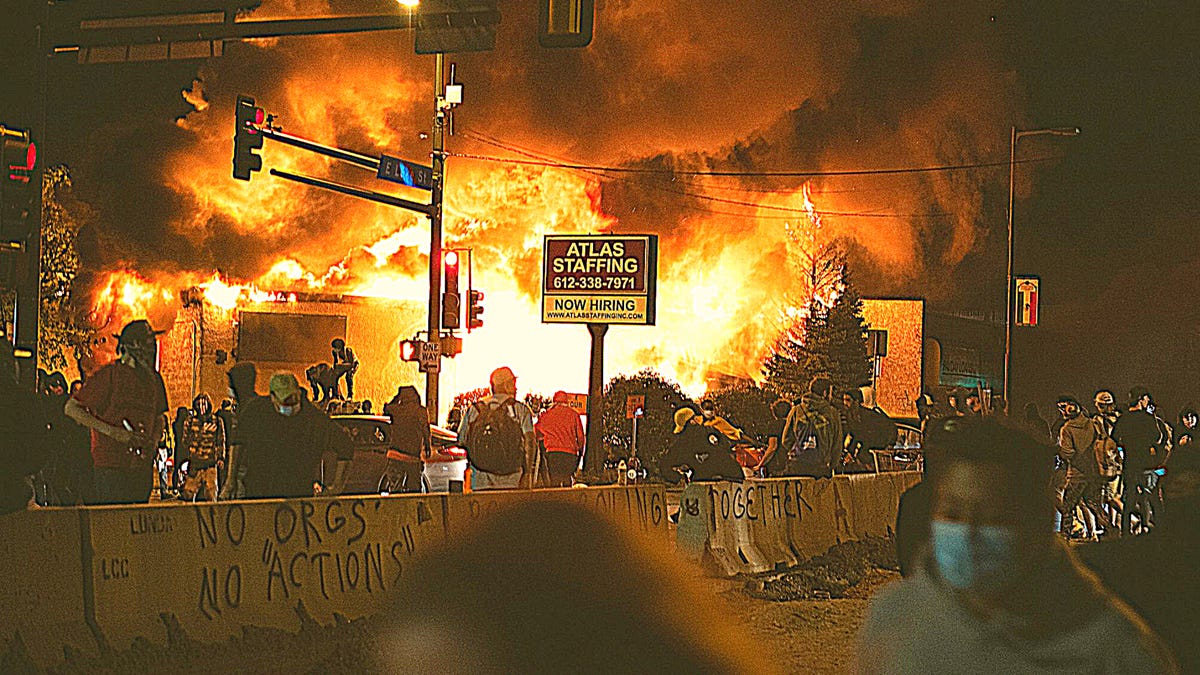The saga reveals where we’re at currently, and where we’re probably headed

The Rittenhouse saga has, at least in my own mind, made clear that we no longer live in the United States of my youth and upbringing. I cannot pinpoint precisely when our country was transmogrified into something else entirely, but it happened fairly recently (within the last ten or fifteen years) and the result is that we are, broadly speaking, two radically different peoples living under the same system of government and society. For open and obvious reasons, this can’t continue indefinitely. This is going to get resolved, one way or the other.
Don’t believe me? Then look at the Rittenhouse affair, from beginning to end. From the very inception of the controversy to the end of the trial yesterday with a verdict of Not Guilty, people were viewing two radically different scripts, despite there being only one set of clear facts.1 Kyle Rittenhouse was attacked by thugs with criminal records and he defended himself using lawful and legal means. Yet for the past nearly year and a half, the mainstream media, powerful elites and politicians, and progressive drones all maintained (and continue to do so, despite the not guilty verdict) that Kyle Rittenhouse was a white supremacist vigilante who murdered two people and nearly murdered two others.
These two narratives are so diametrically opposed, and so intrinsically unreconcilable, that one is left to wonder how our society has devolved to this point. I don’t claim to have all the answers. But I have some thoughts on the subject, which I will share in this essay.


